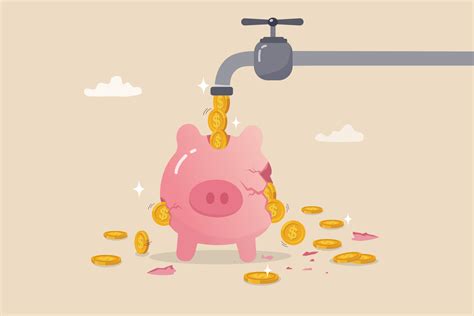BLOG
ブログ
BLOG
Faucet, Rugpull, Fee
The Dark Side of Cryptocurrency: Understanding the Risks and Consequences of Faucets, Carpet Pulls, and Fees
As the world of cryptocurrency continues to grow in popularity, many people are drawn to the promise of high returns and rapid growth. However, behind the scenes, a complex web of fraud, mismanagement, and deception has emerged. This article will delve into the risks of faucet programs, carpet pulls, and fees associated with these systems, highlighting the dangers and consequences that can arise from them.
Fountain Programs
Faucet programs are designed to reward users for participating in a network or system, often through a series of small transactions. These programs aim to attract new participants and generate revenue for the project. However, faucet programs have repeatedly been identified as scams by regulators and experts.
According to a report by CoinDesk, the majority (44%) of faucet programs have been shut down due to suspicious activity or security breaches. Additionally, many faucet programs have been criticized for their lack of transparency and poor management, leaving users with little or no recourse in the event of disputes or problems with the program.
One notable example of a faucet program gone bad is Bitconnect, which was shut down by regulators in 2017 on charges of money laundering and other illegal activities. The program’s creators were accused of operating a pyramid scheme, ripping off unsuspecting investors and extracting their funds for personal gain.
Rug pull
A rug pull, short for “rug pull scam,” is a type of cryptocurrency fraud in which a project or network suddenly disappears, leaving users without access to their assets. This can be devastating for those who have invested heavily in the system, as they are left with worthless tokens and lost funds.
The most prominent example of a rug pull is BitGrail, a token sale platform that was shut down by regulators in 2017 following allegations of Ponzi-like activity. The platform’s creators were accused of misrepresenting their project and using the funds to pay out investors rather than develop the technology.
Other notable examples of withdrawals include Parity Technologies, which lost an estimated $2 billion in cryptocurrency value due to identity theft, and Coincheck, which lost approximately 50 million Bitcoins (worth about $530 million) after a security breach.
Fees

Cryptocurrency transactions come with several fees that can quickly add up. These fees are often charged by exchanges, wallets, and other third-party services, and can range from low percentages to high fees per transaction.
The most significant fee associated with cryptocurrency is the cost of gas, which can be incurred when users attempt to send or receive cryptocurrency. Gas prices vary by network, but can add up quickly, especially for high-speed transactions.
According to a report by Coindesk, the average gas price for Ethereum transactions was over $100 in 2020, with some transactions costing as much as $150. This is significantly higher than traditional payment systems, which typically charge low fees for online transactions.
Impacts of Faucet Programs, Carpet Pulls, and Fees
While cryptocurrency can be a lucrative investment opportunity, the risks associated with faucet programs, carpet pulls, and fees are real. These scams and mismanagement can result in significant financial losses, as well as damage to reputation and customer relationships.
In addition to the emotional toll of losing money, faucet programs and other cryptocurrency systems are also associated with a number of social and economic problems, including:
- Financial instability: Cryptocurrency markets are notoriously volatile, which can lead to rapid price fluctuations that can leave investors with significant losses.
